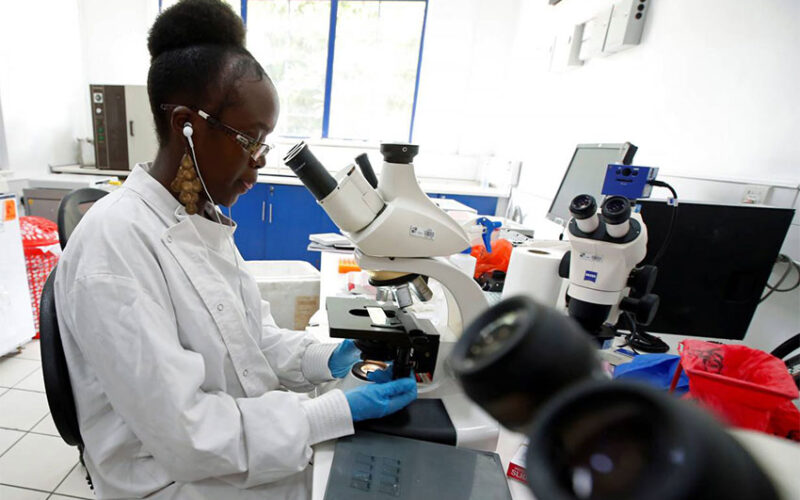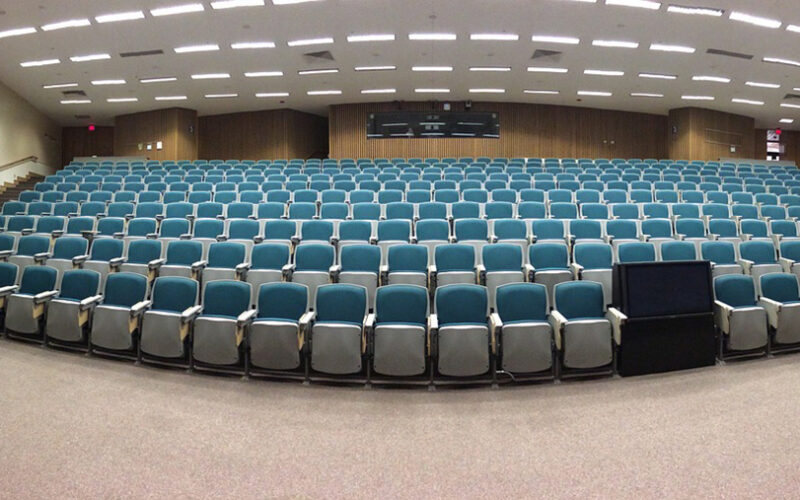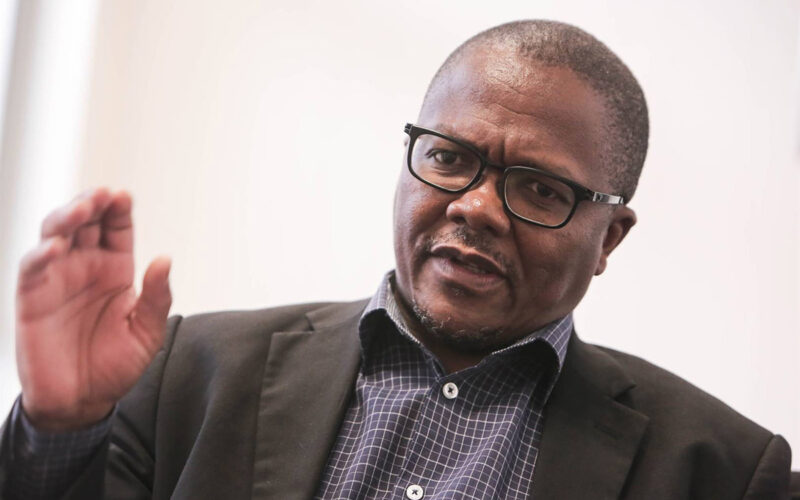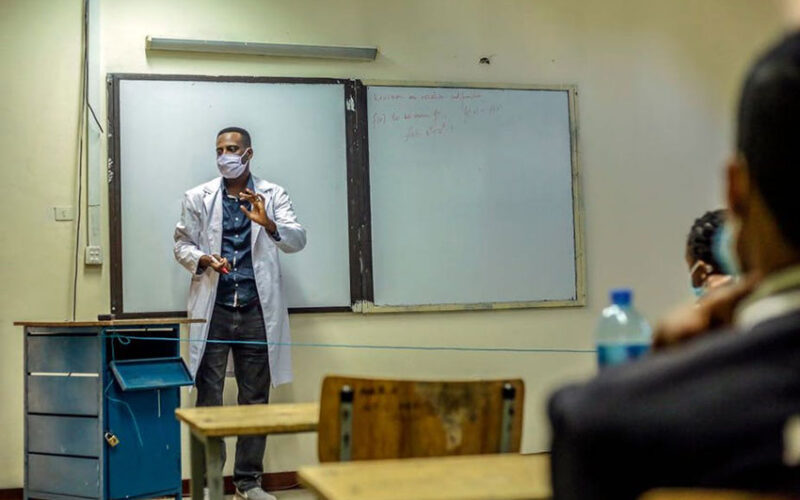
Africa’s PhDs: study shows how to develop strong graduates who want to make a difference
THE challenge for universities is to produce graduates who can work with others to produce knowledge and research that can change institutions and societies for the better. That is the basis on which the Consortium for Advanced Research Training in Africa (Carta) began developing an approach to teaching PhDs 12 years ago. The consortium supports faculty members of public universities and research institutes on the continent who want to pursue a PhD. The training covers a range of research methods to ensure graduates value multidisciplinarity. It also includes a focus on stakeholder and community engagement and prepares students for life…








